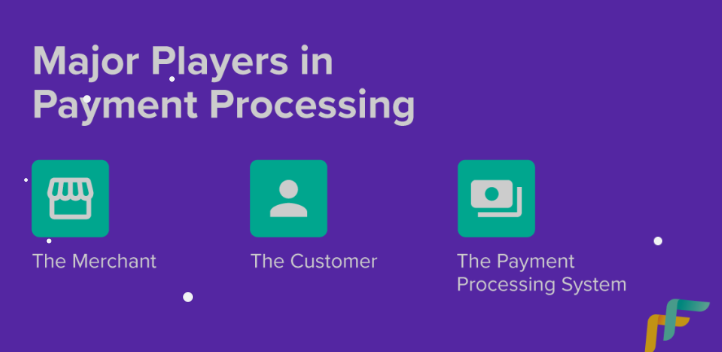AUTHOR : ROSE KELLY
DATE : 28/12/23
Introduction
In the ever-expanding landscape of e-commerce in India, the role of payment processors has become increasingly vital. As businesses strive to offer seamless online transactions, finding the right payment processor for web goods is paramount to success.
Understanding Payment Processors
Payment processors act as intermediaries between the buyer, the seller, and the banks, ensuring a secure and efficient transfer of funds. In the context of web goods[1], this becomes especially crucial, given the digital nature of the products involved.
Evolution of Payment Processors in India
India has witnessed a remarkable evolution in its payment processing infrastructure. From the early days of online transactions, marked by skepticism to the present era of digital empowerment, the journey has been transformative. The advent of advanced payment gateways[2] has significantly contributed to the growth of the e-commerce sector.
Challenges Faced by Indian E-commerce
Despite the advancements, Indian businesses face challenges related to online payments. Issues such as transaction failures, security concerns, and complex fee structures have been stumbling blocks. Modern payment processors address these challenges, offering solutions that enhance the overall e-commerce experience.
Popular Payment Processors in India
Several payment processors dominate the Indian market. From traditional options to innovative fintech solutions[3], businesses have a plethora of choices. Examining the features, fees, and user reviews is crucial in making an informed decision.

Benefits of Using Payment Processors for Web Goods
Implementing payment processors for web goods streamlines the purchasing process for customers. It not only ensures the security of transactions but also protects sensitive customer information, fostering trust.
Integration and Compatibility
One of the key advantages of modern payment processors[4] is their seamless integration into various e-commerce platforms. Whether customers are using desktops, laptops, or mobile devices, these processors offer a consistent and user-friendly experience.
Regulatory Compliance
Adhering to regulatory guidelines is imperative for businesses utilizing payment processors. Understanding the legal framework ensures a smooth operation and protects both the business and the customers.
Customer Experience and Trust
The user experience is a critical factor in the success of any payment processor. A simple and intuitive interface, coupled with responsive customer support, contributes to building trust among users

Innovations in Payment Processing
The payment processing industry is witnessing constant innovation. From contactless payments to cryptocurrency integrations, staying abreast of these developments is crucial for businesses aiming to stay ahead in the competitive e-commerce landscape.
Costs Associated with Payment Processors
While the convenience of payment processors is undeniable, businesses must be aware of the associated costs. Transaction fees, subscription plans[5], and other charges can impact overall profitability, making it essential for businesses to choose cost-effective solutions.
Case Studies
Examining successful case studies provides insights into the practical benefits of effective payment processing. Businesses that have seamlessly integrated payment processors have not only enhanced customer satisfaction but also witnessed significant growth in sales.
Security Measures in Payment Processing
The security of online transactions is a top priority. Leading payment processors employ robust security measures, including encryption protocols and fraud detection mechanisms, to ensure the safety of both businesses and customers.

Choosing the Right Payment Processor
Selecting the right payment processor requires a careful evaluation of factors such as transaction fees, security features, and scalability. Businesses should align their choices with their specific needs and growth projections.
Conclusion
In conclusion, the choice of a payment processor for web goods in India plays a pivotal role in the success of e-commerce ventures. Businesses must prioritize security, user experience, and regulatory compliance to foster trust and ensure seamless transactions.
FAQs
- Q: Are all payment processors compatible with popular e-commerce platforms?
- A: While many payment processors offer compatibility, it’s essential to check for specific integrations with the chosen e-commerce platform.
- Q: How do payment processors contribute to customer trust?
- A: Payment processors enhance trust through secure transactions, user-friendly interfaces, and responsive customer support.
- Q: Are there any hidden costs associated with payment processors?
- A: Some payment processors may have hidden costs, such as transaction fees or subscription charges. It’s crucial to review the pricing structure thoroughly.
- Q: Can businesses in India use international payment processors?
- A: Yes, many businesses in India use international payment processors. However, it’s important to consider currency conversion fees and other potential challenges.
- Q: What role do regulatory compliance and guidelines play in payment processing?
- A: Regulatory compliance ensures that businesses adhere to legal guidelines, protecting both the business and its customers in the payment processing ecosystem.

